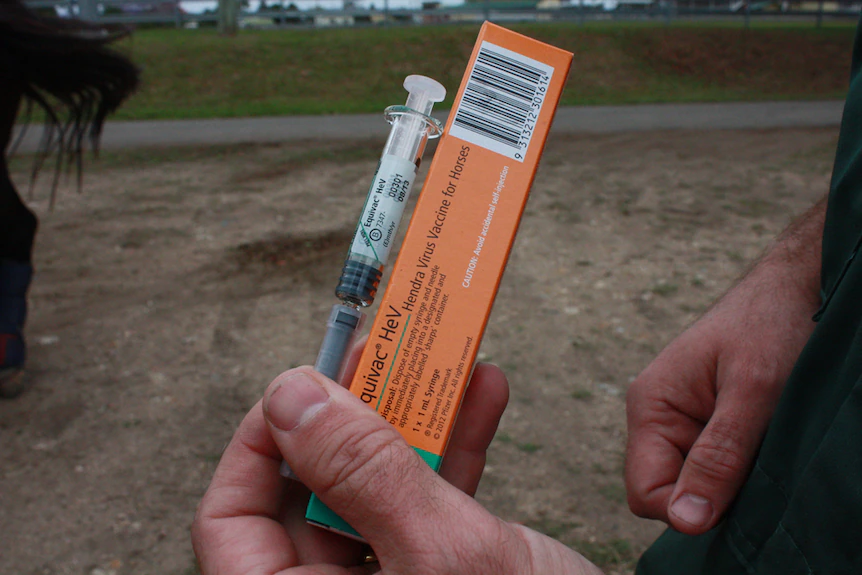



Article by: Hari Yellina
Two individuals who came into contact with a horse infected with the fatal Hendra virus in Mackay, North Queensland, will undergo antibody therapy out of “compassionate” considerations. Following exposure to the respiratory secretions of the sick horse, one is determined to be at a high risk of catching the Hendra virus, while the other is at a moderate-to-high risk. Five persons have been identified as having contact with the diseased horse, which has subsequently been put to death, according to Mackay Hospital and Health Service. Only two, though, have been exposed to the illness at levels that put them at danger.
He said that the Australian Institute for Bioengineering and Nanotechnology, which is part of the University of Queensland, produced and stored the Hendra virus antibody treatment for use in treating people who had contact with an infected horse. “We know it’s safe because the product was made in accordance with pharmaceutical-level standards,” he said. The most recent Mackay case is Queensland’s first equine case to be discovered in the previous five years. Hendra is a virus that is transferred by bats and can infect horses, who can subsequently infect humans. Alister Rodgers, a veterinarian from Rockhampton, Australia, became the first person in the world to receive the US-developed antibody therapy in an effort to preserve his life after being identified as having the Hendra virus in 2009.
After tending to a sick horse on a property in Cawarral, close to Rockhampton, the 55-year-old caught the virus. Dr. Rodgers, a 30-year veteran of the field, became the fourth person to pass away from the illness. In Dr. Rodgers’ case, according to Dr. Playford, the antibody therapy was administered too late and at a low enough dose to be ineffective. Following contact to horses infected with the Hendra virus, other Queenslanders who had the treatment did not go on to get the illness. Dr. Playford added, “We really do have to offer it if someone has had significant exposure. We don’t know what would have occurred if we had done nothing in those circumstances, but given the severity of repercussions, we really do have to give it.” According to him, treatment must be administered after a human has come into touch with an infected horse but before they exhibit symptoms. “We attempt to provide it within a week of exposure, before the start of illness, so if you’ve been exposed but haven’t yet shown any symptoms of a disease, you should get it,” according to Dr. Playford.
When the product looks to be successful in preventing that infection in animal models, that is when. According to researchers, the antibodies bind to the virus and keep it out of human cells. Horse vaccinations, according to Dr. Playford, are the most effective strategy to stop Hendra disease. The Mackay horse was not protected from the virus by a vaccination. Dr. Playford stated that until otherwise established, horses with symptoms should be treated as if they have Hendra and should avoid contact until a veterinarian has evaluated them. Neurological symptoms, like the horse becoming unsteady on its feet, or respiratory ones, such laboured breathing and a frothy nasal discharge, are both possible. The veterinarian who was called to the Mackay horse thought it might have the Hendra virus and was wearing personal protective gear.